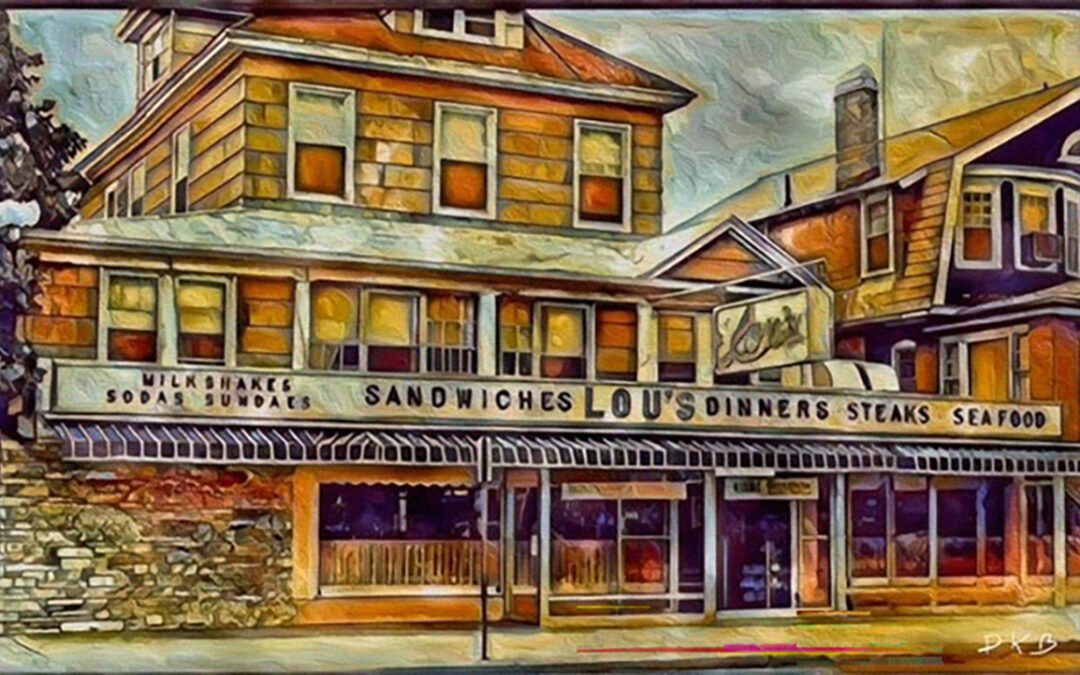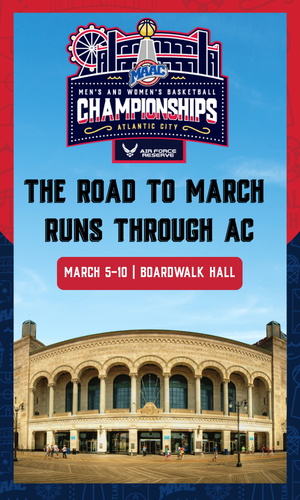Life is What Happens
Skip ahead to the bio at the end of this column and you may be surprised at what I’ve included: Claim to fame, waitress at Lou’s for four summers.
Lou Adelman and wife Helen opened Lou’s of Ventnor in the winter of 1946, which began the restaurant’s 60-year lifespan. Located at 5011 Ventnor Ave. at Nashville Avenue, it was a Jewish deli, table and counter service, full menu establishment that offered whatever dining experience you were after, at almost whatever time of day or night you wanted. There was always action at Lou’s.
Breakfast was served all day, along with soups, burgers, deli sandwiches, salads, blintzes, potato pancakes, milkshakes, pies, cakes, and in the evenings — a four-course dinner.
Yes, you heard that correctly. I still have the menu. The appetizer course included a choice of juice, soup, chopped liver, herring in cream sauce or gefilte fish. Next, a dinner salad with your choice of dressing, followed by a main course like chicken in the pot, chopped steak, seafood, roast chicken and choice of two vegetables/potatoes. Dessert was Jello, ice cream, pie, cake, ice cream roll — all included. No one referred to side dishes as carbs and veggies in those days. People generally just ordered their favorites, enjoyed their meal, and talked about it for the next 50 years. The price? An average full course dinner was $5.25, which is the equivalent of about $26.00 today. That’s a nice deal for a four-course meal.
Lou’s was enormously popular, and the line wended its way around the corner, making Nashville Avenue as much of a Lou’s landmark as Ventnor Avenue. Lou serially expanded his seating space into neighboring buildings. One room was called “new room” even though it was decades since it was built. The final addition, which was massive, was called “Siberia” as it was so far from the original restaurant space. The whole restaurant was basically a walk-out basement with simple wood, yet cozy booths. And of course, a rack to hang your hat.
The food was spectacular, but before gambling came to Atlantic City in 1978, Lou’s was also the place to see and be seen at any hour, often until 2 a.m. on Fridays and 3 a.m. on Saturdays. Everyone you knew would be there. With fewer entertainment options, Lou’s turned late night dessert into a bustling business, catering to the classic shore tradition of “going out for ice cream,” often after a movie at the original Ventnor theater “Fantasia” or ”Dirty Harry,” anyone?
A family affair for the Adelmans
Lou’s daughter, who now lives in Ohio, grew up in the restaurant. “Lou’s was bigger than life,” Arlene Adelman Swindell said. “My favorite time of the year was when everyone from Philly was returning to the shore for the summer, greeting each other and so glad to be back.”
Lou’s right hand man, a woman in this case, was the manager Nancy who lived above the restaurant.
“Nancy was like a mother to me, and I loved her dearly,” Arlene said. “I grew up with so many of the waitresses; Norma, Stella, Esther, Vi and the kitchen guys like Walter, Blair, Riley, T and George the fountain guy. That’s the people. The food? Corned beef on rye with coleslaw and Russian dressing…white fish, hot roast beef and turkey sandwiches. We had great burgers and fries. It was the best food ever… Helen’s famous cheesecake (my mom’s recipe), hot fudge sundaes, waffles and ice cream at night.” Arlene got that all out in one breath.
Margate resident Jonathan Lipner’s grandmother also lived above Lou’s. “When I’d take a bath as a kid the water would often seep down to the kitchen in Lou’s below,” Jonathan said. “Lou would bang on the ceiling to get us to stop running the water.” A steel staircase was attached to the outside of the building from his grandmom’s apartment to a phone booth below.
“I’d wait for the call to end and the caller to leave the booth. Then I’d head down the stairs to check for dimes. Made a couple dollars a day that way,” Jonathan added.
Working summers at Lou’s: A family affair for my family too
My association with Lou’s was a family tradition. Half of my family of six worked there over the course of 11 years.
In the 1970s, we lived on Aberdeen Place in the house that had once belonged to William S. Cuthbert, Atlantic City’s public safety commissioner during Nucky Johnson’s wildly corrupt 1920s reign. From our front porch, it was just a short walk or bike ride to Lou’s.
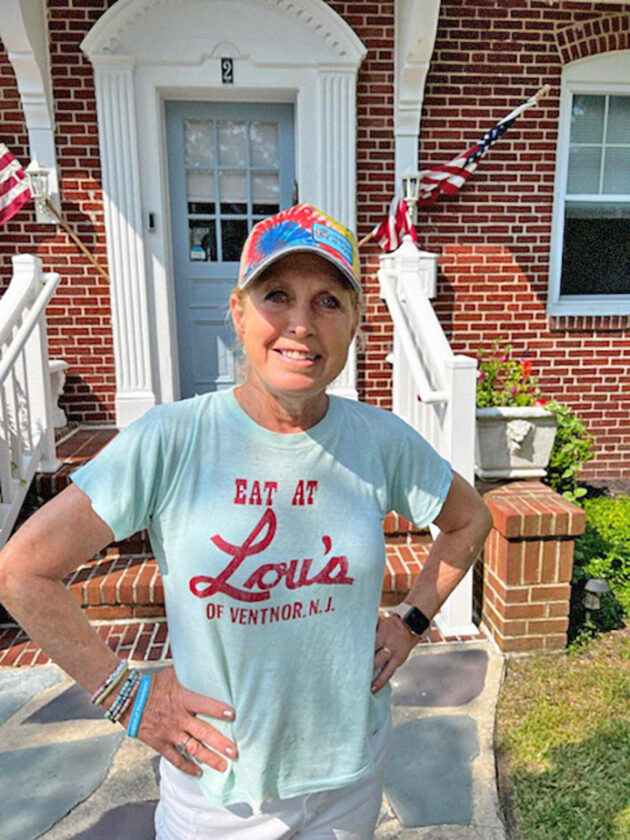
Two of my three brothers paved the way as busboy, ice cream guy and eventually sandwich man.
“The ice cream bar where I worked was nearly 25 feet long and staffed by three people during peak hours,” my brother Mike Zaslow, eight years my senior, said. “When I worked the sandwich bar, it was more crowded as was the grill. Behind the production area, (which interfaced with customer seating), was a labyrinth of storage rooms, walk-in refrigerators and freezers. There was so much work to be done in the freezer that employees sometimes wore winter coats.”
Orders came in on paper, piled onto stacks on one thin metal spike. The pace was happily frenetic; most of the staff had worked together for years. They liked the pay, the work, the staff and the owner.
“The place had a mystical harmony and efficiency,” Mike added. “Lou was calm and quiet. He stayed at the cash register near the entrance the entire night, splitting his time between the customers and watching every employee with an eagle eye. Before credit cards, oceans of cash flowed from wallets to register to staff; booths full of waitresses counted out at the end of the night.”
“Three consecutive words from Lou was a lot, but he commanded and attained the employee’s respect,” Mike said. “Lou’s strategy was to find the best people, pay them 10% more than they could earn anyplace else, and focus on customer satisfaction from an iced tea to a family dinner for 10.”
My brother Darry followed in Mike’s footsteps with a year-after-year summer job at Lou’s bussing tables. He liked the 5% tips earned from the waitress’s haul, knowing that his friendly demeanor with customers might help increase the tips for the night. The bus carts were huge, but no one cared if it meant your table would be cleared, cleaned and ready faster.
A move away from Lou’s and a move back
When my parents sold their Aberdeen home in 1973 to move our grandparents near us, our summers at the shore suddenly disappeared for three years. At 17, I told them how much I wanted to work at Lou’s, so they came up with a plan. They would rent a small apartment for the summer on top of a house on Little Rock Avenue near the restaurant. I would ask a girlfriend to join me for the summer, work at Lou’s, and they would come down on the weekends. Catch? I had to be in by midnight. If they called and I wasn’t home, it was home-James! I complied.
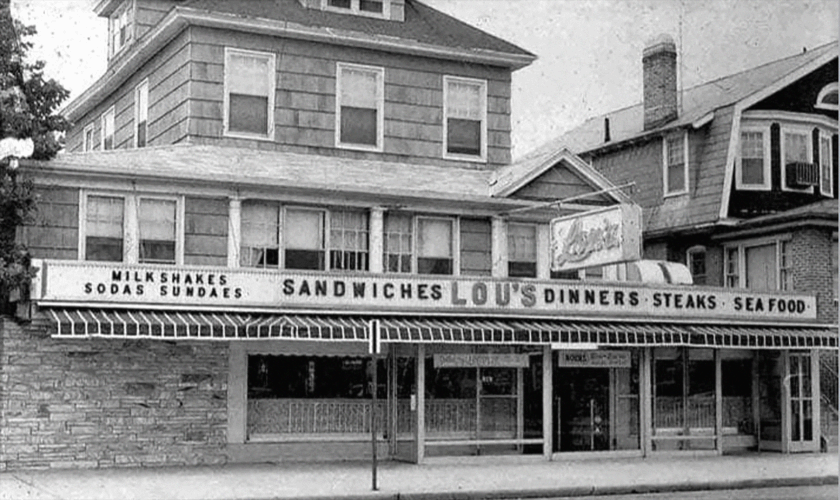
Training at Lou’s was imperative. First summer waitresses were assigned to the day shift. In the heat of the day, I would stare out the small windows in the front of the restaurant and watch people enjoying the summer sun, but the initiation was worth it; if you had a successful summer working days, the lucrative night shift followed the next summer.
My most famous day shift customer was comedian David Brenner whose parents lived in Ventnor. “I know you!” 17-year-old me said. He was not amused. The only smile came when his corned beef on rye with a pickle arrived. Lesson learned: comedians aren’t there to entertain you in real life.
Lou’s staff were from all different backgrounds. There was no discrimination, but purposeful diversity was not something that was practiced at the time like it is today.
There were no male waiters, only waitresses. There were no female cooks. No one was called a server. Seasonal employees were high school and college kids; year-round employees were career restaurant staff. It didn’t matter where you came from or where you were going, learning how to be an efficient cog in the giant wheel that was Lou’s was all that mattered.
Lou taught me never to stand with my hands on my hips as a waitress because you were taking up too much room, and that “86 corned beef and cabbage” meant we were out of it. Adam and Eve on a raft, wreck ‘em were eggs on toast with broken yolks. I learned about teamwork, shift work and how working hard led to better results and better pay.
Just before gambling, my parents bought a townhouse and Lou’s was secured for good as my summer job. I worked at Lou’s from 1977-1980 — ages 17-20, six nights a week, and as I like to put it, “made a fortune” — helping to pay for extras at college and eventually, additional funds needed for a semester abroad. Many of us waitresses worked in partnerships. I worked with another Lisa my age who lived in Margate all year. On some busy Saturday nights, we’d clear $50 each, which is $275 in today’s dollars. Excellent, right? The staff were like family. We would often go out after our late nights at work to clubs like the Chez Paree in the height of the disco age. Sleep, beach and back at work.
Lou’s closed for good in early 2006 after final owner Alf Adelman passed away, and a fire and costly repairs led to the decision to shut the doors. Another restaurant opened in its place, but it wasn’t open on Sundays, hardly the Lou’s vibe, and that closed too. After years of an empty lot, private homes now fill the block, but the legend of Lou’s lives on.
Before the Water Dog Restaurant closed recently in Ventnor to open as Betty’s Seafood Shack in Margate, it had a Lou’s sandwich on the menu as a tribute to Lou – ½ pound of corned beef piled with coleslaw, Russian dressing or just mustard. Lou would like that the corned beef was lean, the portion generous and the customer happy!
The first 20-year-old summer help when Lou’s opened in 1946 turned 99 this year. But whatever the age we waitresses, busboys and sandwich men are now, we will forever share a unique work life for a legendary establishment. I still have my menu, my order pad and my 48-year-old T-shirt. Atlantic City even had a “Miss Prettiest Waitress” contest if you can believe that! Lou told me “Patty” edged me out by just a smidge. I guess he did the nominating, something that would also never happen today.
Learning and legacy
In 1981 I left Lou’s for an internship that led to a career as a copywriter in New York, stepping into the post-Mad Men, still rarified world of Madison Avenue. But it was Ventnor Avenue — and Lou and Helen, manager Nancy, and head waitress Norma — who gave me, and scores of teenagers like me, the building blocks for how to work hard, learn from the experience of successful businesspeople like Lou and his staff, and love every minute of it.
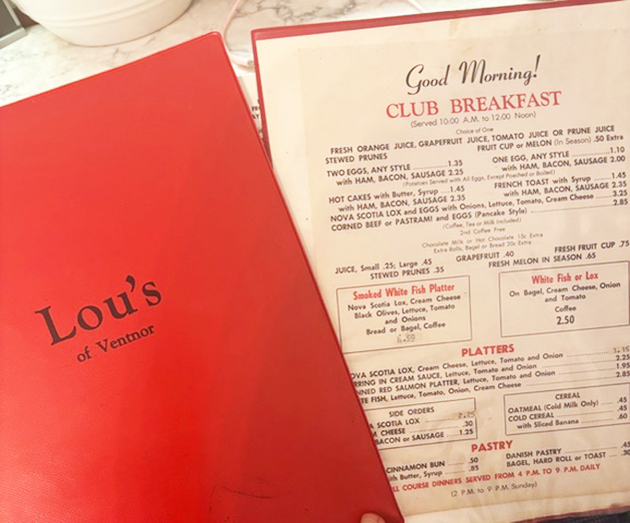
Lou didn’t just run a restaurant — he ran a masterclass in work and camaraderie. If you could make it there, you could make it anywhere on the Jersey shore and beyond. Thank you, Lou.
Lisa is an advertising copywriter (think ‘Madmen’ without the men), journalist and columnist. Claim to fame: Lou’s waitress for four teenage summers. For column comments, story ideas, or to get on her “quote” list for future columns: redshoeslzs@gmail.com





